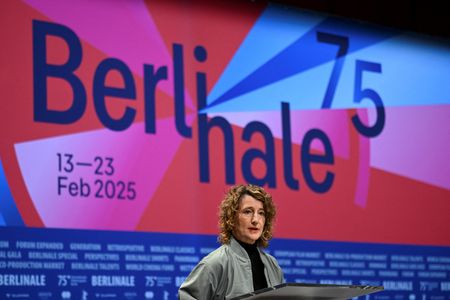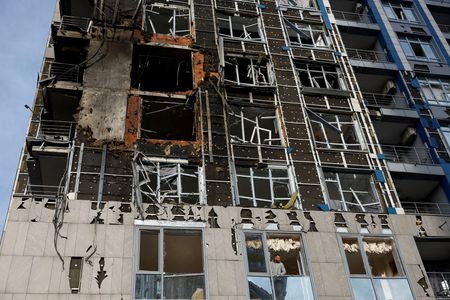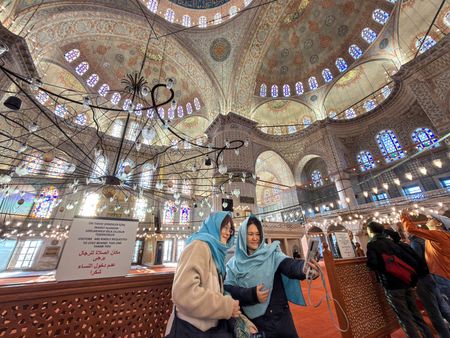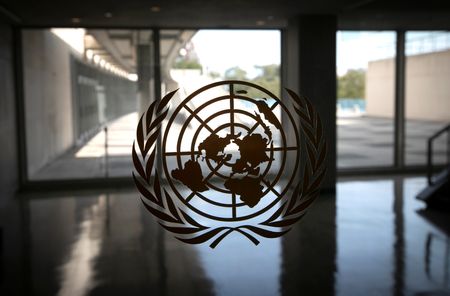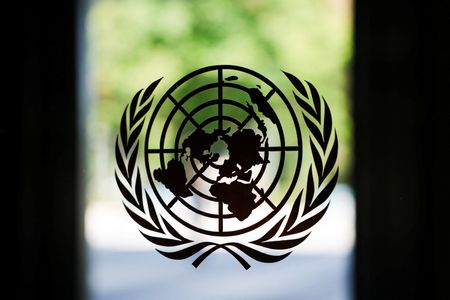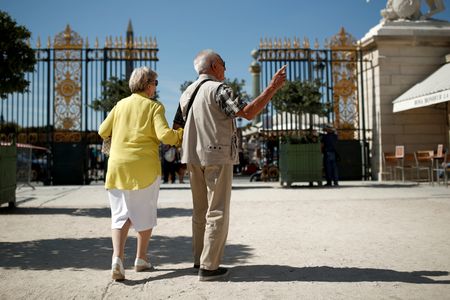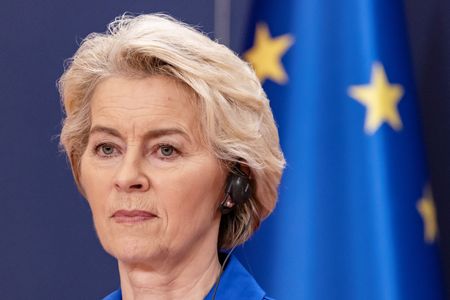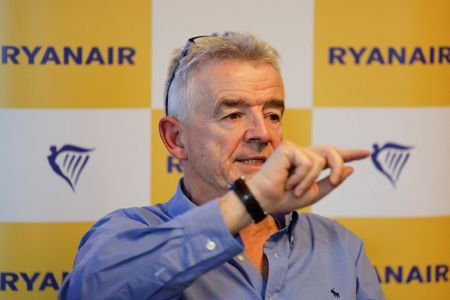By Miranda Murray and Hanna Rantala
BERLIN (Reuters) – Organisers of the Berlin Film Festival hope that politics will not eclipse the movies this time round even as they try to liven up an event that has looked jaded in recent years.
The Berlinale, which opens on Thursday, has always been the most political of the big international film festivals and this year’s takes place days ahead of German elections. Conflict in the Middle East also looms.
“Last year was an incredibly political festival. Politics sort of took over from cinema. And I think and maybe fear that that’s going to happen this year as well,” Scott Roxborough, European bureau chief for The Hollywood Reporter, told Reuters.
The first festival headed by new director Tricia Tuttle runs until February 23 – the same day Germans vote in national elections that could hand considerable wins to the far right.
U.S.-born Tuttle has acknowledged the festival’s political history but does not want such discourse to overshadow the films themselves. The festival will not issue a statement about the elections, though she encouraged Germans to vote.
Discussions about the war between Israel and the Palestinians will also probably be unavoidable despite organisers’ efforts, Roxborough said.
Last year’s closing ceremony drew criticism from German politicians after several winners expressed solidarity with the Palestinians and criticized Israel’s actions in Gaza.
The festival said in a note that clothes or symbols showing solidarity with the Palestinians were allowed but certain phrases required caution.
Several pro-Palestinian groups have called for filmmakers to boycott this year’s festival over the government’s support for Israel, and there are likely to be protests at the red carpet and elsewhere.
Two films about Israelis taken hostage by Hamas on October 7, 2023, will be shown at the festival, and there is also a film about a young parkour athlete in Gaza.
Roxborough said Tuttle faces the task of making the festival relevant again after its status has fallen among filmgoers in the last few years.
“There’s going to be an effort this year to try and get Berlin back up the charts,” he said.
Two of its biggest films – the Bob Dylan biopic “A Complete Unknown” and the Robert Pattinson-led “Mickey 17” – already had their international premieres, leaving only Richard Linklater’s latest, “Blue Moon”, to celebrate its world premiere in Berlin.
“But…for a festival like this, of the size of Berlin, you want at least half a dozen exciting, big movies that everybody wants to see,” he said.
Pattinson and Timothee Chalamet, who plays Dylan, as well as Ben Whishaw, Margaret Qualley and Chloe Sevigny are among the actors set to hit the red carpet to promote their new movies.
INDEPENDENT DARLING
Several art house films will be premiered, including previous festival winner Radu Jude’s “Kontinental ’25” and British screenwriter Rebecca Lenkiewicz’s directorial debut “Hot Milk”.
There are 19 films in competition for the Golden Bear top prize that will be awarded by a jury headed by U.S. director Todd Haynes at a closing ceremony on February 22.
The parallel European Film Market remains important as a place to buy and sell independent movies, Roxborough added.
“The big sort of splashy Hollywood movies may be showing elsewhere, but here is where you can, in the cold weather, get into the theatre and sit for two hours with depressing, psychologically disturbing, but deeply moving drama,” he said.
“That’s sort of what you come to Berlin for.”
(Reporting by Hanna Rantala and Miranda Murray; Editing by Angus MacSwan)

